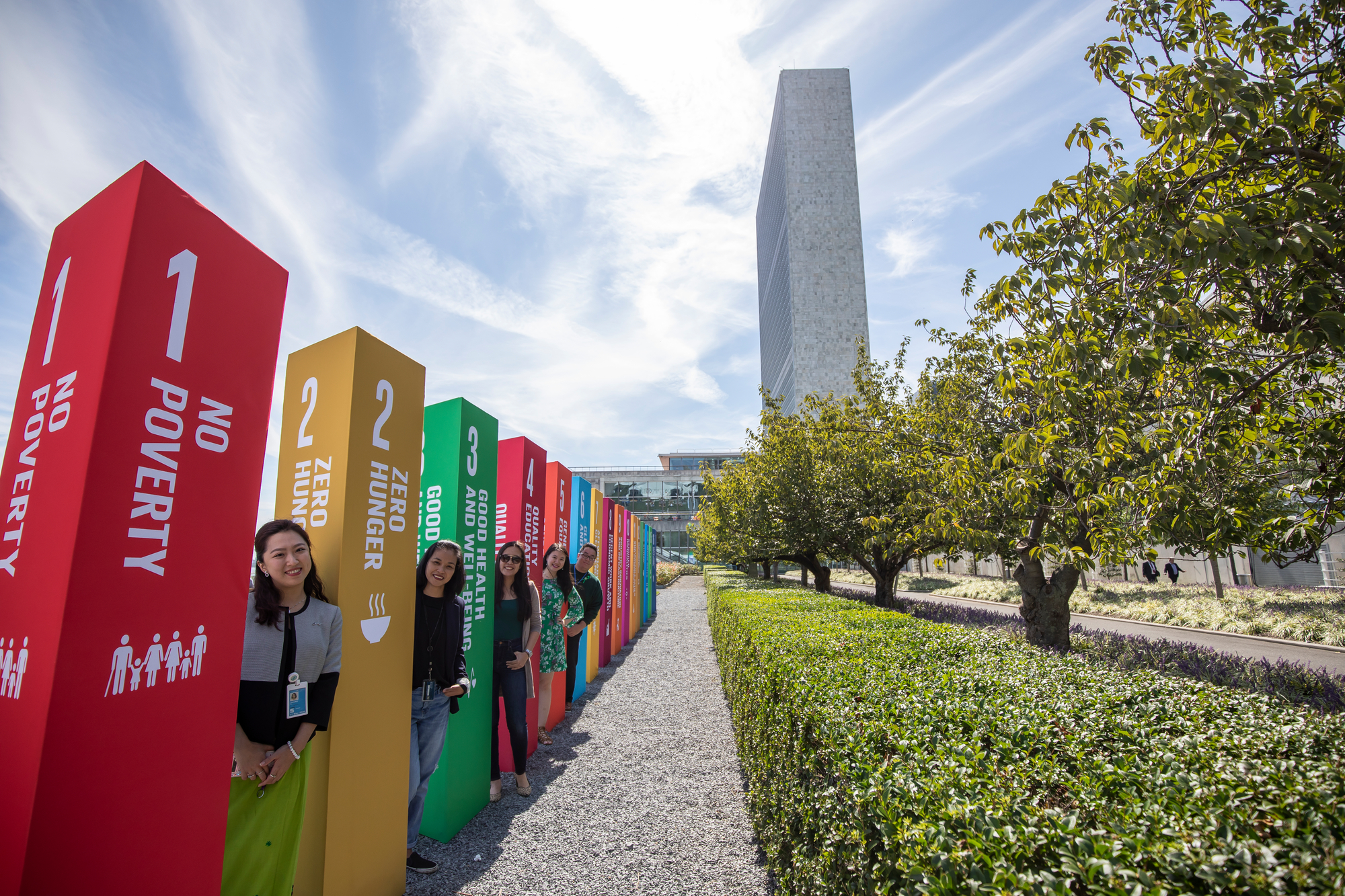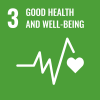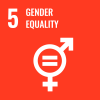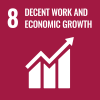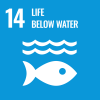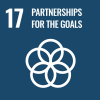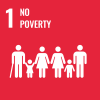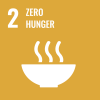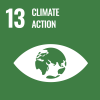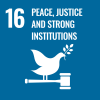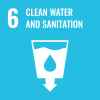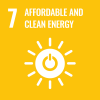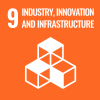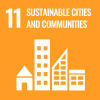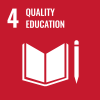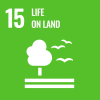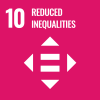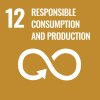The High-Level Political Forum on Sustainable Development (HLPF) serves as the central platform within the United Nations for the follow-up and review of the 2030 Agenda for Sustainable Development and the Sustainable Development Goals (SDGs). Established by the Rio+20 Conference in 2012 and building upon the strengths of its predecessors, the HLPF plays a vital role in coordinating global efforts to meet these ambitious goals.
The General Assembly undertakes periodic reviews of the HLPF’s format and organizational aspects, as outlined in its founding resolutions, to ensure its effectiveness in promoting sustainable development. The most recent review of the ECOSOC and HLPF took place in 2020, in accordance with resolution 74/298, and reaffirmed the need for the HLPF to continue as the central platform for guiding global sustainable development policies.
Key responsibilities of the HLPF include:
- Reviewing Global Progress: The HLPF monitors and assesses progress toward achieving the SDGs, helping countries to share their experiences, challenges, and successes.
- Promoting Accountability: It ensures accountability by providing a space for countries to report on their national implementation of the 2030 Agenda through Voluntary National Reviews (VNRs).
- Fostering International Cooperation: The Forum promotes dialogue and collaboration between governments, the private sector, civil society, and other stakeholders to address global challenges related to sustainable development.
- Guiding Policy: The HLPF plays a key role in shaping global policies on sustainable development by adopting intergovernmentally negotiated political declarations and recommendations.
- Supporting the Implementation of SDGs: It encourages partnerships and provides guidance to align national and global efforts with the SDGs, addressing both emerging and ongoing challenges.
The HLPF meets annually under the auspices of the Economic and Social Council (ECOSOC) and every four years at the SDG Summit, which is held at the level of Heads of State and Government under the General Assembly. Its meetings offer a unique opportunity for all stakeholders to engage in meaningful dialogue and advance the global sustainable development agenda.
 Welcome to the United Nations
Welcome to the United Nations
